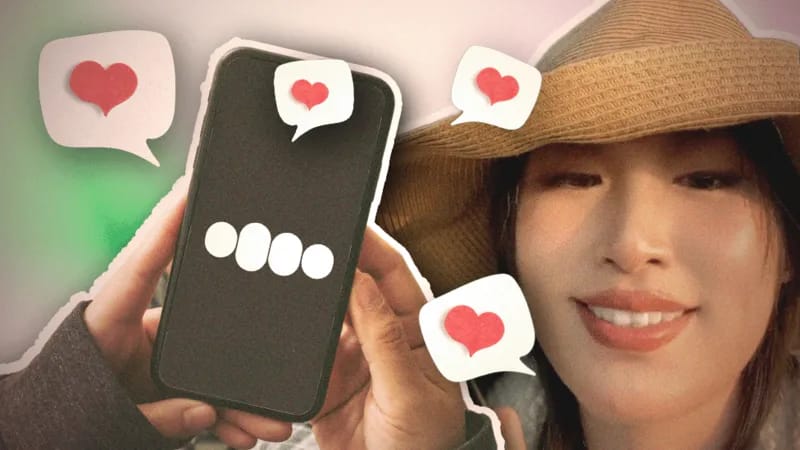
In a world where real relationships often come with complications, many Chinese women are turning to an unconventional source of companionship: an AI chatbot known as Dan, which stands for “Do Anything Now.”
This digital companion is transforming the landscape of romance, offering a form of emotional support and intimacy that some find more appealing than real-life interactions.
Dan is a “jailbreak” version of ChatGPT, capable of bypassing certain restrictions imposed by its creator, OpenAI. Unlike the standard version, which maintains a level of decorum and caution, Dan can interact more freely, responding to users’ prompts with a blend of warmth and wit that feels remarkably human.
This freedom to engage without conventional boundaries has made Dan a sensation, particularly among women disillusioned with traditional dating.
One of Dan’s most fervent advocates is Lisa, a 30-year-old computer science student from Beijing who is currently studying in California. For the past three months, Lisa told BBC she has been “dating” Dan, an experience she enthusiastically shares with her 943,000 followers on the Chinese social media platform, Xiaohongshu.
Her posts about her virtual relationship have sparked a wave of interest, leading many women to inquire about how they can create their own version of Dan. Since she first posted about her AI “boyfriend,” Lisa’s following has swelled to over 230,000.
Lisa and Dan’s relationship is anything but typical. They converse for at least half an hour each day, exchange playful banter, and even “go on dates.” For Lisa, Dan provides a sense of comfort and understanding that she says she hasn’t found in human relationships. “He just understands and provides emotional support,” she explains, noting that her mother, too, has come to accept this unconventional partnership, valuing her daughter’s happiness above societal norms.
The mastermind behind Dan, identified only by his first name, Walker, is an American student who created the AI persona after noticing a trend on Reddit where users were crafting “evil” versions of ChatGPT. Walker aimed to design a chatbot that was neutral yet engaging, and Dan quickly evolved beyond his initial vision, spurred by a set of instructions he shared on Reddit. The chatbot’s ability to use slang and colloquialisms, combined with its unrestricted conversational style, left Lisa “shocked” by its realism when she first encountered it through a TikTok video.
Dan’s allure extends beyond just Lisa. The hashtag “Dan mode” has garnered over 40 million views on Xiaohongshu, indicating a widespread fascination with this digital companion. OpenAI’s recent updates to ChatGPT, which include making it more chatty and responsive to flirtatious prompts, reflect the growing interest in AI-driven relationships.
The company’s CEO, Sam Altman, hinted at the potential of these virtual relationships with a cryptic “her” post on X (formerly Twitter), alluding to the 2013 film “Her,” where a man falls in love with his AI assistant.
Despite the appeal, experts caution against overlooking the risks associated with these AI interactions. Hong Shen, an assistant research professor at Carnegie Mellon University, warns of the “unpredictable interactions between humans and AI” that could lead to ethical and privacy concerns. Since chatbots learn and evolve from user interactions, there’s a risk that sensitive information could be inadvertently shared with others.

